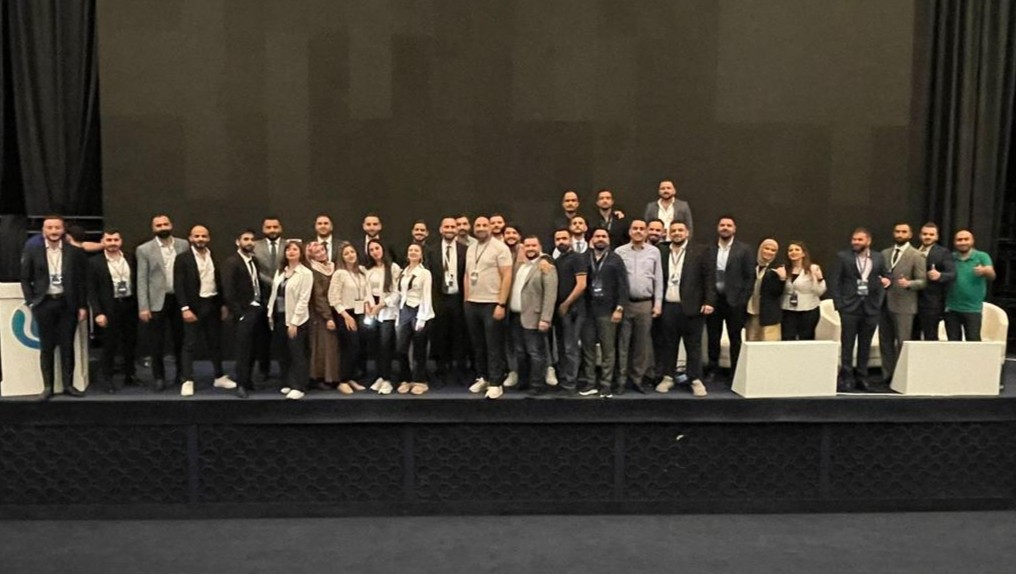

Events Management
We bring your event to life with cutting-edge audio-visual solutions, captivating stage designs, and seamless technical support. Whether it’s a conference, concert, or corporate event, we ensure your technical aspects shine, leaving a lasting impression on your audience.
1. Define Objectives and Goals:
Determine the purpose and goals of the event. Understand what you aim to achieve, whether it's to inform, entertain, raise awareness2. Set a Budget and plan:
Establish a budget that covers all aspects of the event, including venue, logistics, marketing, staff, and contingencies. Develop a detailed plan outlining tasks, timelines, and responsibilities. This plan should cover pre-event, during the event, and post-event activities3. Select venue and logistic:
Choose a suitable venue that aligns with the event's goals, audience size, and logistics requirements. Arrange all necessary elements such as catering, audio-visual equipment, decorations, seating arrangements, and any other requirements specific to the event4. Event Promotion and Marketing:
Create a marketing strategy to promote the event, utilizing various channels like social media, email marketing, advertising, and partnerships to reach the target audience5. Speaker and talent booking, vendor selection (Catering, Decor, AV, etc.)
Arrange all necessary elements such as catering, audio-visual equipment, decorations, seating arrangements, and any other requirements specific to the event. Recruit and train staff or volunteers who will be involved in the event to ensure everyone understands their roles and responsibilities.6. Event execution:
Ensure all elements come together as planned on the day of the event. Manage the schedule, handle any issues that arise, and oversee the overall flow of the event.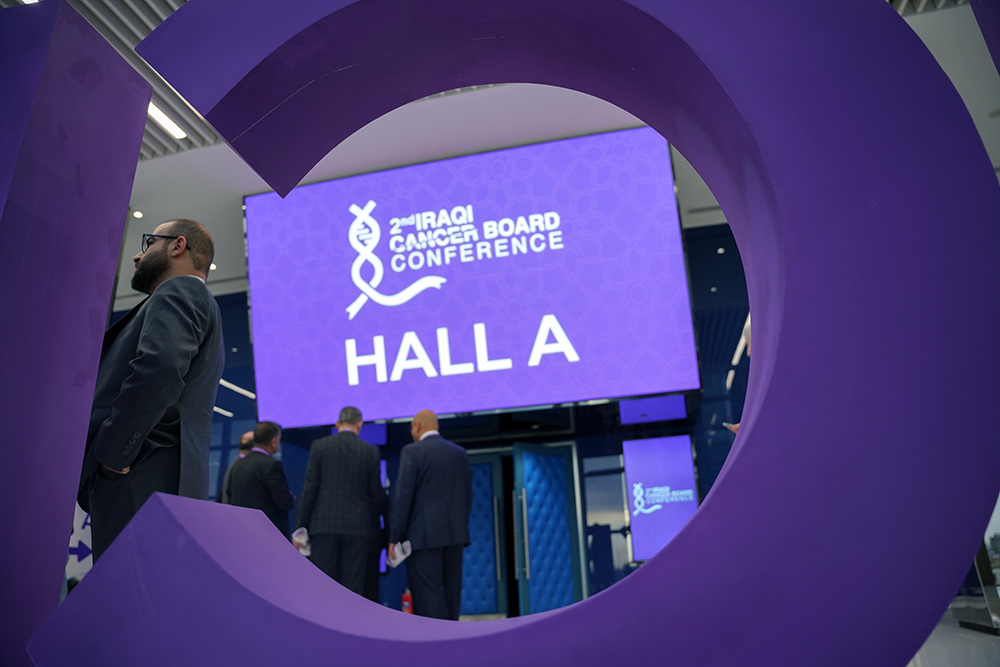
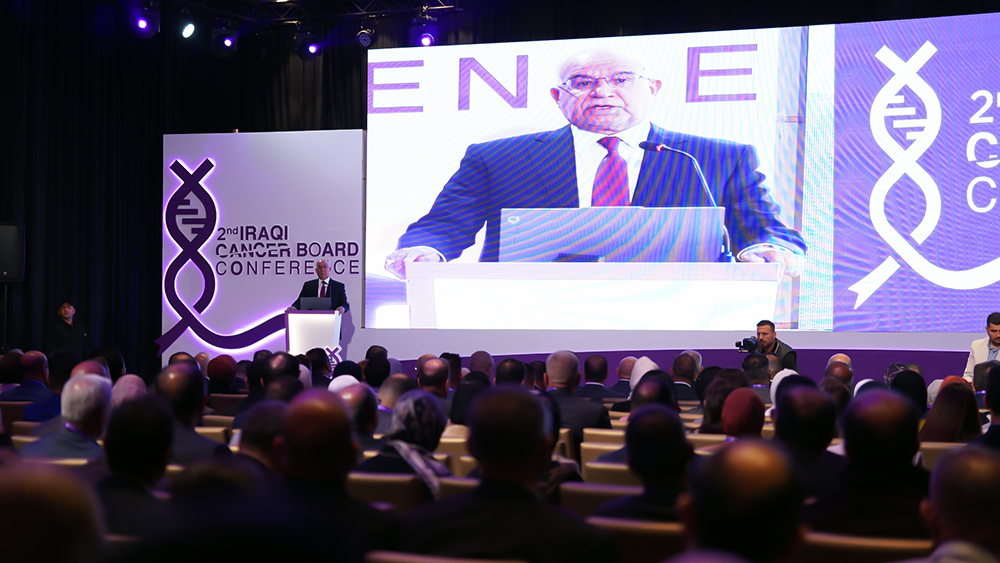
Event Production
Event production is the art and science of bringing events to life. It encompasses everything from initial concept development to final execution, ensuring that every detail is carefully planned and flawlessly implemented. Professional event producers work tirelessly behind the scenes to create memorable experiences for attendees, managing logistics, creative elements, and technical aspects to deliver successful events of all sizes and types.
1. Concept Development
Transform ideas into concrete event plans. Work with clients to define goals, theme, and overall vision for the event. Create mood boards and initial designs to visualize the concept.2. Venue Selection and Management
Research and secure appropriate venues. Negotiate contracts, manage relationships with venue staff, and ensure all necessary permits and insurance are in place.3. Vendor Coordination
Source and manage relationships with various vendors, including caterers, decorators, audio-visual teams, and entertainment. Coordinate schedules, deliveries, and setup to ensure smooth operations.4. Technical Production
Oversee all technical aspects of the event, including lighting, sound, video, and special effects. Develop technical riders and work closely with the venue's technical team to meet all production requirements.5. Visual Content Creation and Special Effects
Design and produce eye-catching visual content to enhance the event experience. This includes creating custom graphics, animations, and video content for displays and projections. Incorporate cutting-edge special effects such as projection mapping, holograms, or augmented reality elements to create immersive and memorable moments for attendees.6. On-Site Management
Supervise event setup, manage staff and volunteers, and handle last-minute changes or issues. Ensure the event runs according to schedule and all elements come together seamlessly.7. Post-Event Evaluation
Conduct a thorough analysis of the event's success. Gather feedback from clients, attendees, and team members. Prepare detailed reports and use insights to improve future productions.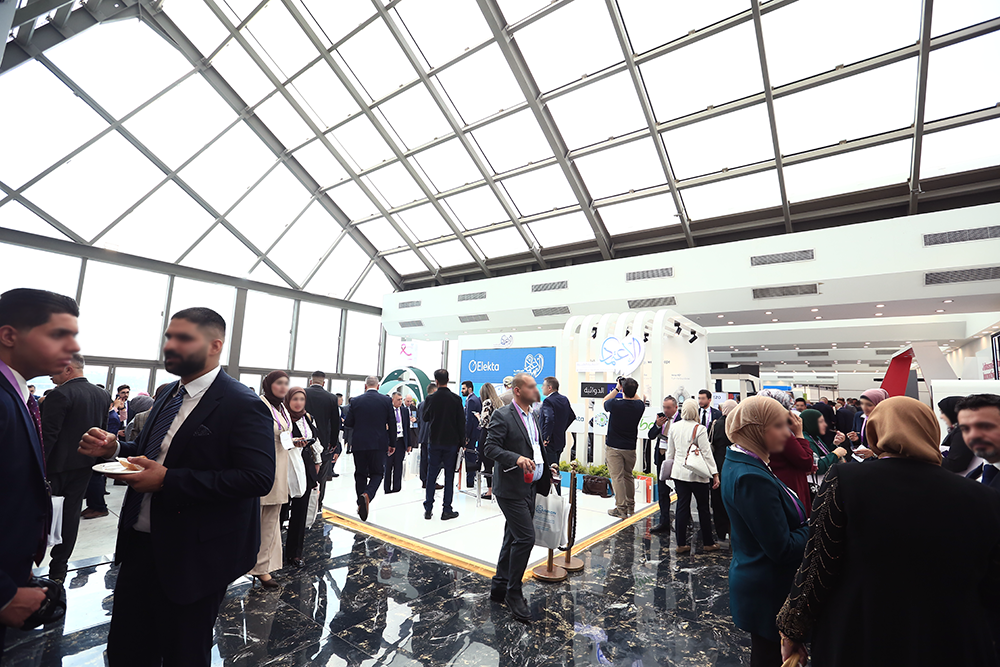
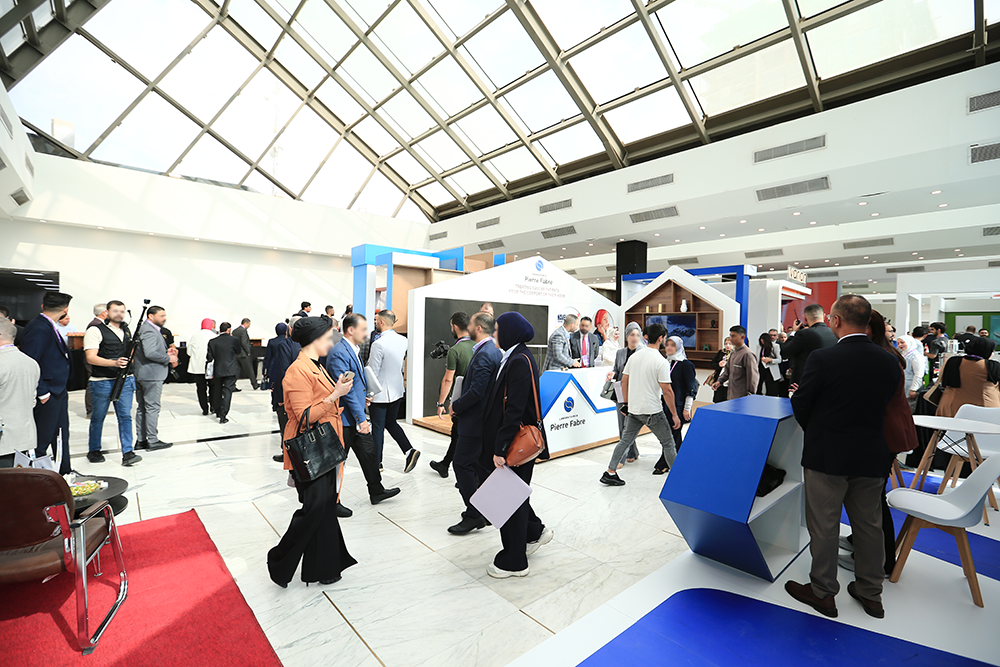
Conference Organizing
Conference organizing is a complex process that involves coordinating multiple elements to create a successful event for knowledge sharing and networking. From small business meetings to large international conventions, conference organizers must carefully plan and execute every aspect of the event. The goal is to provide attendees with a seamless, engaging, and valuable experience that fosters learning, collaboration, and professional growth.
1. Theme and Program Development
Define the conference theme and objectives. Develop a comprehensive program including keynote speeches, panel discussions, workshops, and networking sessions. Select and invite speakers, moderators, and panelists.2. Venue Selection and Logistics
Choose an appropriate venue based on expected attendance, required facilities, and budget. Manage room allocations for different sessions, arrange for necessary equipment, and ensure proper signage and navigation.3. Registration and Attendee Management
Set up an efficient registration system, manage attendee inquiries, and handle payments. Create name badges, information packets, and conference materials. Coordinate accommodation and travel arrangements if required.4. Technology Integration
Implement conference management software for scheduling, attendee engagement, and networking. Set up audio-visual equipment for presentations. Arrange for live streaming or recording of sessions if needed.5. Catering and Hospitality
Plan and coordinate meals, coffee breaks, and refreshments. Consider dietary requirements and arrange for appropriate catering services. Organize welcome receptions or gala dinners if part of the conference program.6. Sponsor and Exhibitor Management
Develop sponsorship packages and manage relationships with sponsors. Coordinate exhibitor spaces, manage setup and teardown, and ensure sponsors receive agreed-upon visibility and benefits.7. On-Site Coordination
Manage the conference schedule, coordinate staff and volunteers, and handle last-minute changes. Ensure smooth transitions between sessions and promptly address any issues that arise.8. Post-Conference Activities
Collect and analyze feedback from attendees, speakers, and sponsors. Distribute proceedings or recordings of sessions. Follow up with attendees for future engagement and plan for the next edition of the conference.
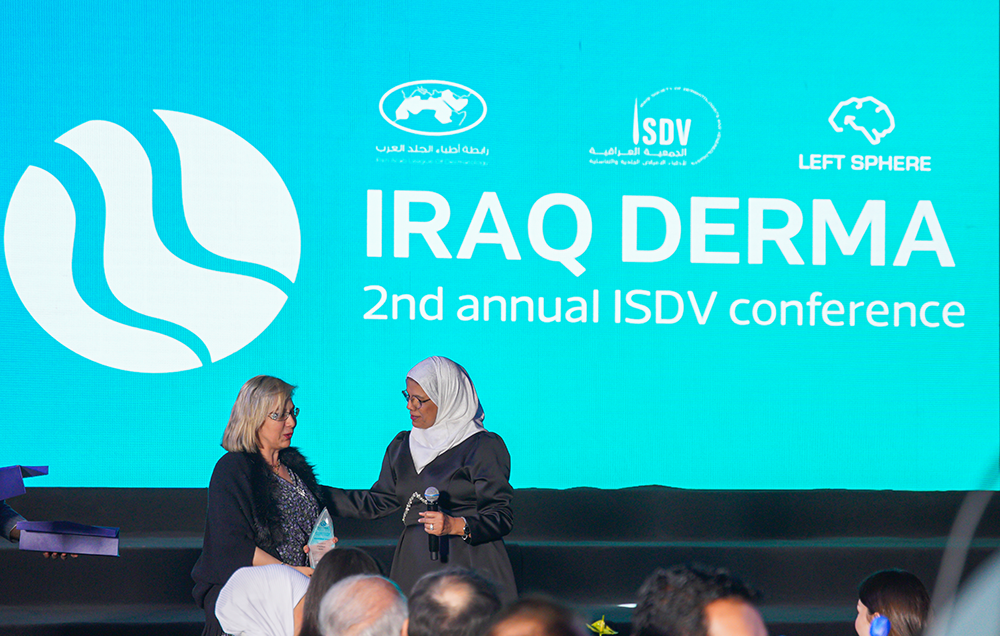
Galas and awards
Galas and awards ceremonies are prestigious events that celebrate achievements and excellence in various fields. These glamorous occasions bring together luminaries, industry leaders, and rising stars to recognize outstanding contributions and foster networking opportunities. From red carpet arrivals to acceptance speeches, galas and awards nights create unforgettable memories.
1. Event Planning
Begin by setting a date, securing a venue, and forming a planning committee. Establish a budget and timeline for all major tasks.2. Nominee Selection
Create categories for awards and develop a fair nomination and voting process. Reach out to potential nominees and judges.3. Sponsorship and Promotion
Secure sponsors to support the event. Develop a marketing strategy to promote the gala and generate excitement.4. Guest Experience
Plan the evening's program, including entertainment, dinner service, and the awards ceremony itself. Arrange for professional photography and videography.5. Follow-up
After the event, send thank-you notes to attendees, sponsors, and volunteers. Share highlights on social media and gather feedback for future improvements.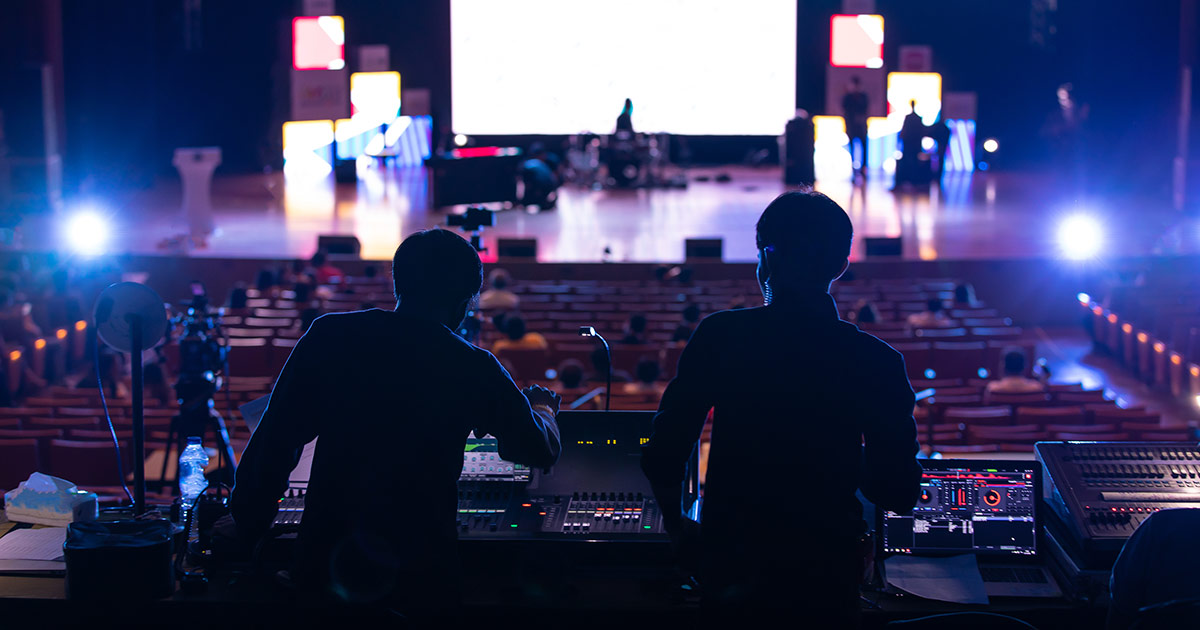
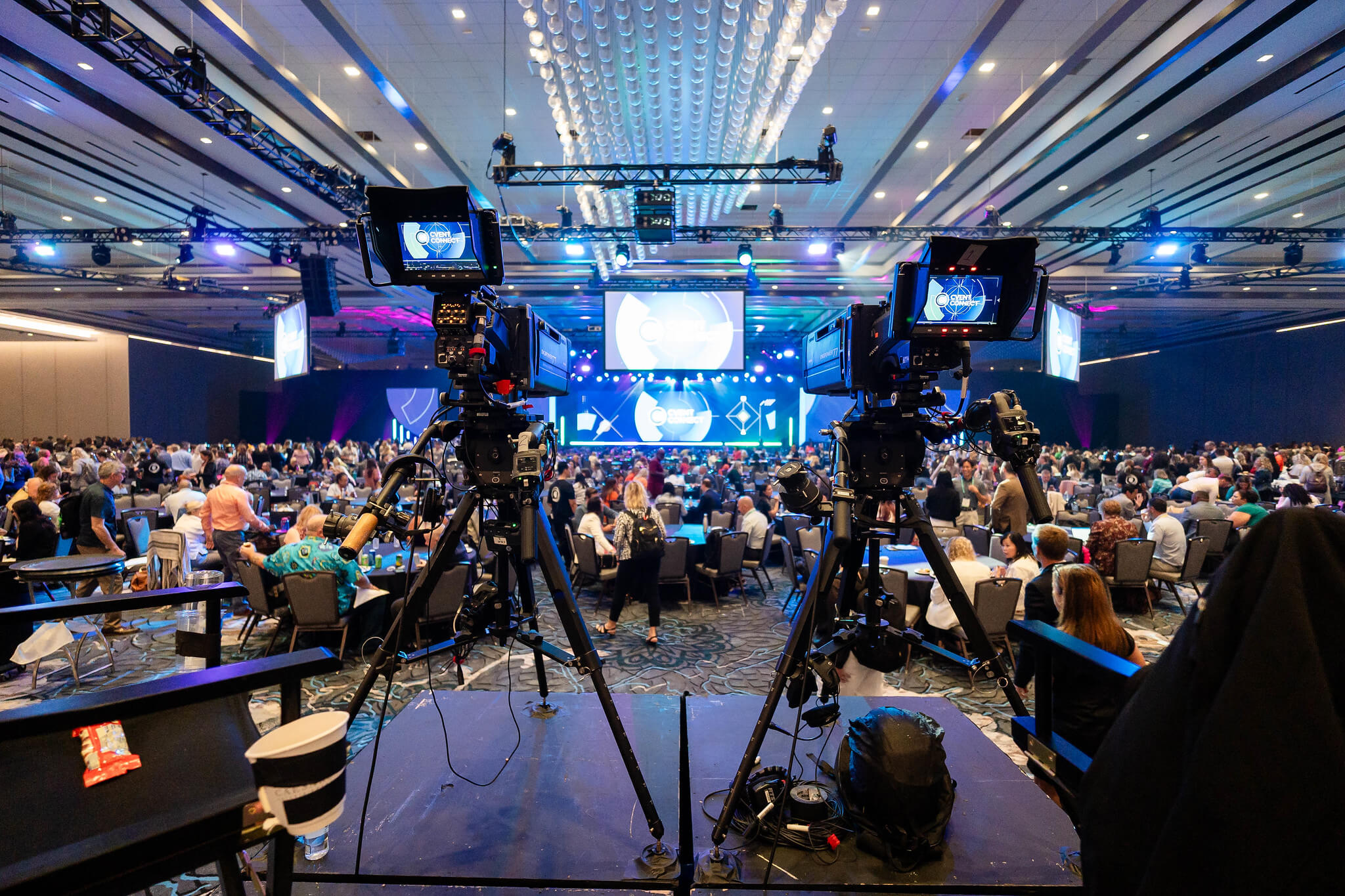
Event Tech and Virtual Events
Event technology and virtual events have revolutionized the way we plan, execute, and experience gatherings. From enhancing in-person events with cutting-edge tech to creating fully immersive virtual experiences, this field combines innovation with event management expertise. As the digital landscape evolves, event professionals are leveraging technology to increase engagement, expand reach, and create memorable experiences for attendees, regardless of their physical location.
1. Virtual Event Platforms
Select and implement robust virtual event platforms that can host live streams, facilitate networking, and provide interactive features. Ensure the platform is user-friendly and can handle the expected number of attendees.2. Hybrid Event Solutions
Develop strategies for seamlessly blending in-person and virtual experiences. Implement technologies that allow remote attendees to engage with on-site participants and content in real-time.3. Engagement Tools
Integrate interactive elements such as live polling, Q&A sessions, virtual breakout rooms, and gamification features to keep both in-person and remote attendees engaged throughout the event.4. Data Analytics and Insights
Leverage event technology to collect and analyze data on attendee behavior, session popularity, and overall event performance. Use these insights to improve future events and demonstrate ROI to stakeholders.
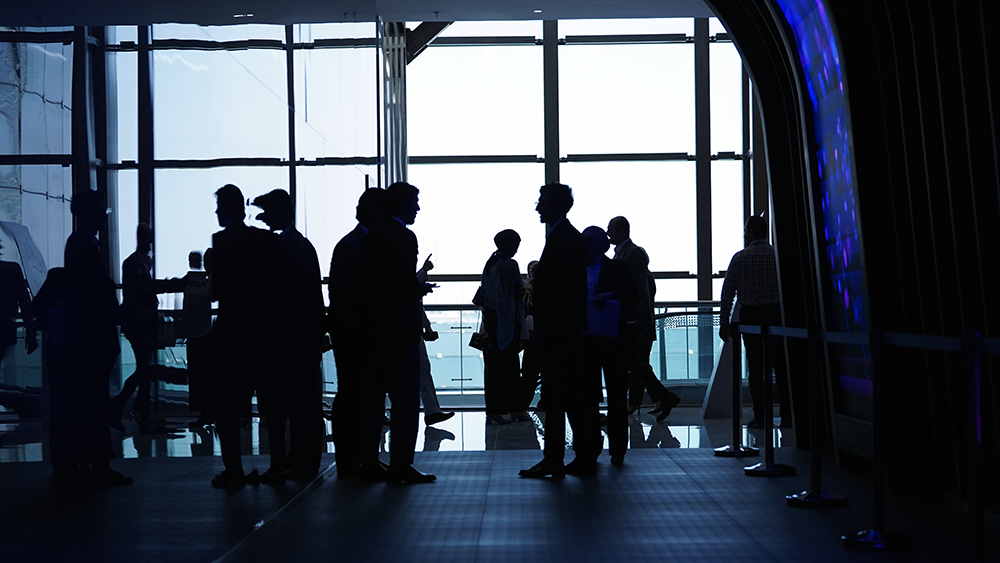
Brand Activation
Brand activation is a strategic marketing approach that brings brands to life through immersive and interactive experiences. It goes beyond traditional advertising by creating meaningful connections between the target audience and companies in real-world or virtual settings.